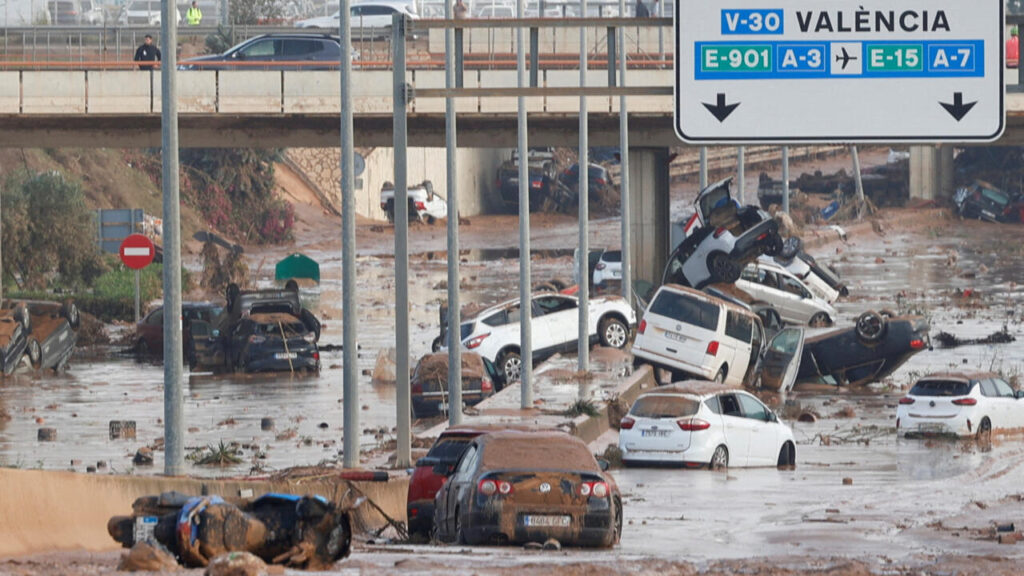
Speaking to lawmakers, Ribera, who is also environment and energy minister, said long-delayed additional flood defences in Valencia region would likely not have prevented the worst flood-related disaster in Spain’s history as they had been designed for smaller catastrophes.
Such works “would have been clearly insufficient to contain that torrent of floodwater,” she said, although she acknowledged that they could have limited the impact of a deluge that killed over 220 people, swept away bridges and roads, and destroyed thousands of homes.
The main opposition People’s Party (PP) has accused Ribera of inaction and neglecting her duties and has been trying to block her appointment as a European Commissioner in charge of environment policies and competition. The nomination is yet to be approved by the European Parliament.
The central government has said the regional administration, led by PP’s Carlos Mazon, was responsible for a tardy response to warnings issued by the state weather service and hydrography experts.
Mazon has said the information he received was “insufficient, inaccurate and late” to issue a corresponding alert to citizens.
Regions are in charge of disaster management in Spain, but the events quickly gave rise to a blame game between the minority leftist government and the conservatives.
Ribera said Spain must improve its officials’ capacity to respond to the increasing threat of climate events.
“Action protocols, regulations and alerts must be adapted to climate risk. But it is of little use to have all the necessary information if those who have to respond do not know how to do so,” she said in a tacit reference to Valencia’s regional authorities.
Scientists say extreme weather events are becoming more frequent due to climate change. Meteorologists believe the warming of the Mediterranean, which increases water evaporation, plays a key role in making torrential rains more severe.
The Bank of Spain said on Wednesday that floods were likely to have knocked 0.2% off Spain’s gross domestic product in the last quarter of the year.
(Reporting by Emma Pinedo, writing by Andrei Khalip; Editing by Aislinn Laing)




